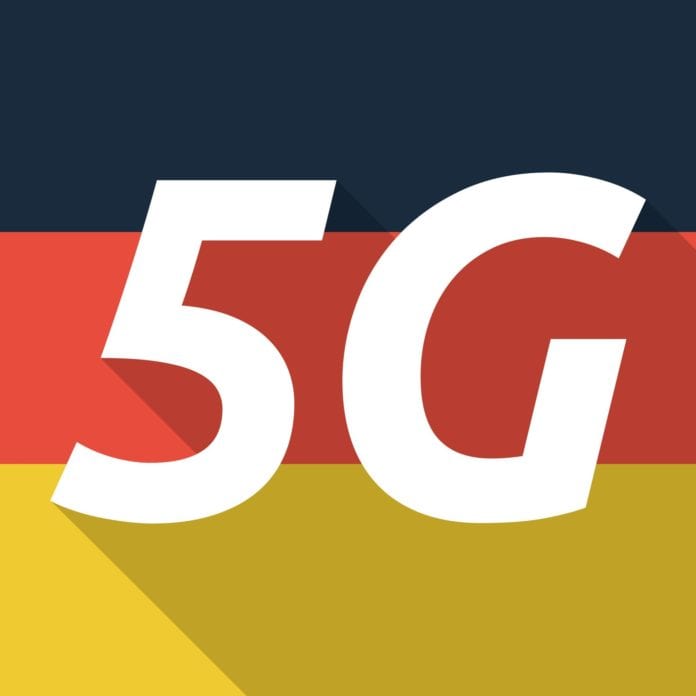Questions about Huawei and private networks for industrials have marked German 5G rollout
Since German telecommunications operators secured 5G spectrum licenses in June 2019, they started an aggressive commercial strategy to launch 5G services in the country’s main urban areas and also announced even more ambitious goals for 2020.
The most active telco in terms of 5G deployments was Deutsche Telekom, which expects to end 2019 with a total of 450 5G base stations across the country, according to recent press reports.
By the end of 2020, the number of 5G sites is expected to climb to nearly 1,500. During 2020, Deutsche Telekom said it aims to provide 5G technology in the country’s 16 state capital cities.
Deutsche Telekom kicked off the rollout of its 5G network in a limited number of cities across Germany at the beginning of July. Currently, Telekom’s 5G network is available in Berlin, Bonn, Darmstadt, Munich and Cologne. The cities of Hamburg, Frankfurt and Leipzig are expected to receive the technology by the end of 2019.
In June, rival telco Vodafone started to activate the first antennas for 5G networks in the cities of Cologne, Dusseldorf, Hamburg, Dortmund, and Munich.
During August, the service was activated in other cities including Berlin, Bremen, Dresden, Darmstadt, Leipzig, and Frankfurt.
Vodafone said that it expected its 5G network to cover 25 cities, 25 municipalities and 10 industrial parks across Germany by the end of 2019. In November, the telco said it expected to activate 150 new 5G antennas across Germany before the end of 2019.
The telco’s 5G network infrastructure is also expected to reach 10 million users by the end of 2020, and 20 million by the end of 2021.
Vodafone Germany recently confirmed that it will continue to pursue a dual-vendor strategy for its networks, with gear from Chinese vendor Huawei and Sweden’s Ericsson.
Telefonica Deutschland, which operates under the O2 brand, recently selected Nokia and Huawei as the vendors for the deployment of its 5G network. The operator’s management said it hoped that Nokia and Huawei would build the Telefonica Deutschland 5G Radio Access Network on a 50-50 basis.
Telefonica also said that works to start deploying the 5G infrastructure should start in early 2020. The German operator also said it expected to have 5G up and running in Berlin, Hamburg, Munich, Cologne and Frankfurt by the end of 2021. A year later, 30 cities with a population of 16 million would be covered by 5G technology.
In June 2019, Germany’s Federal Network Agency Bundesnetzagentur had announced the results of an auction process through which it had awarded mobile spectrum in the 2 GHz and 3.6 GHz bands.
At that time, the government confirmed it will raise a total of EUR 6.5 billion ($7.31 billion) for 420 megahertz of 5G spectrum.
The process paved the way for the entrance of a fourth operator, 1&1 Drillisch, which spent a total of EUR 1.1 billion for 70 megahertz of 5G spectrum.
Deutsche Telekom committed to pay EUR 2.2 billion for 130 megahertz of spectrum in both 5G bands, while Vodafone will spend a total of EUR 1.9 billion to acquire 130 megahertz of 5G spectrum.
Meanwhile, Telefonica Deutschland committed to pay EUR 1.4 billion for a total of 90 megahertz of spectrum.

